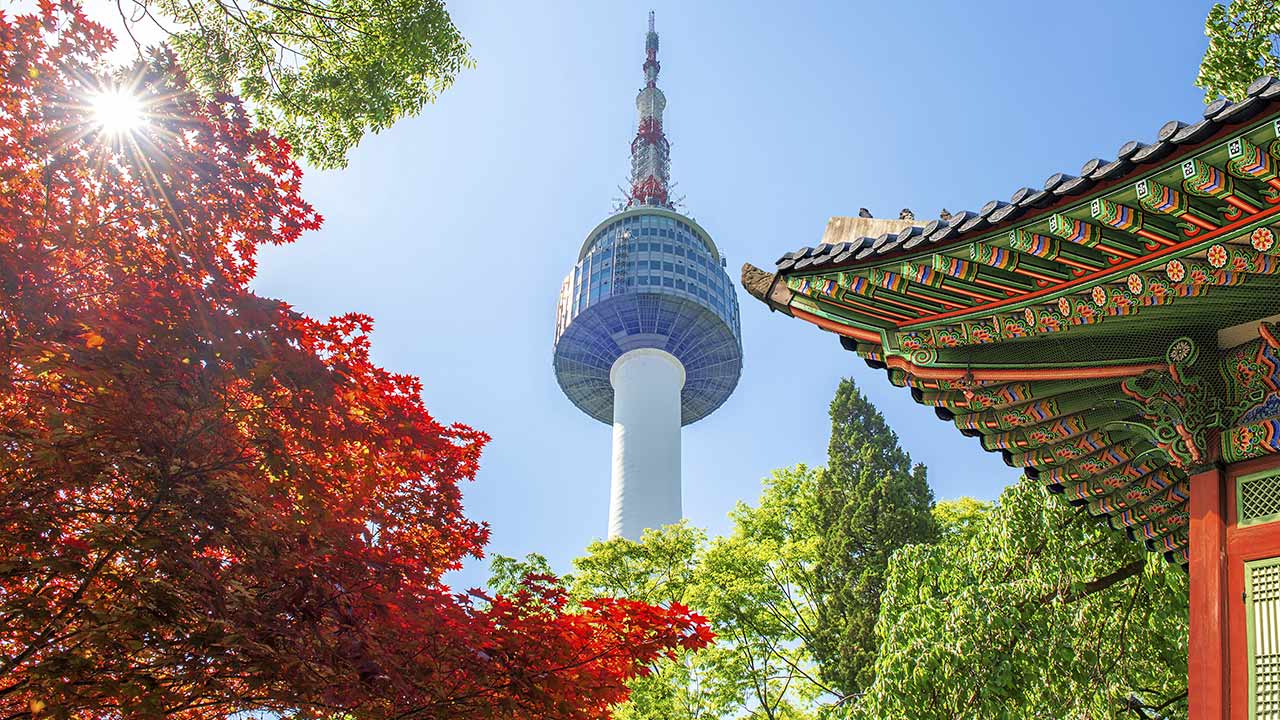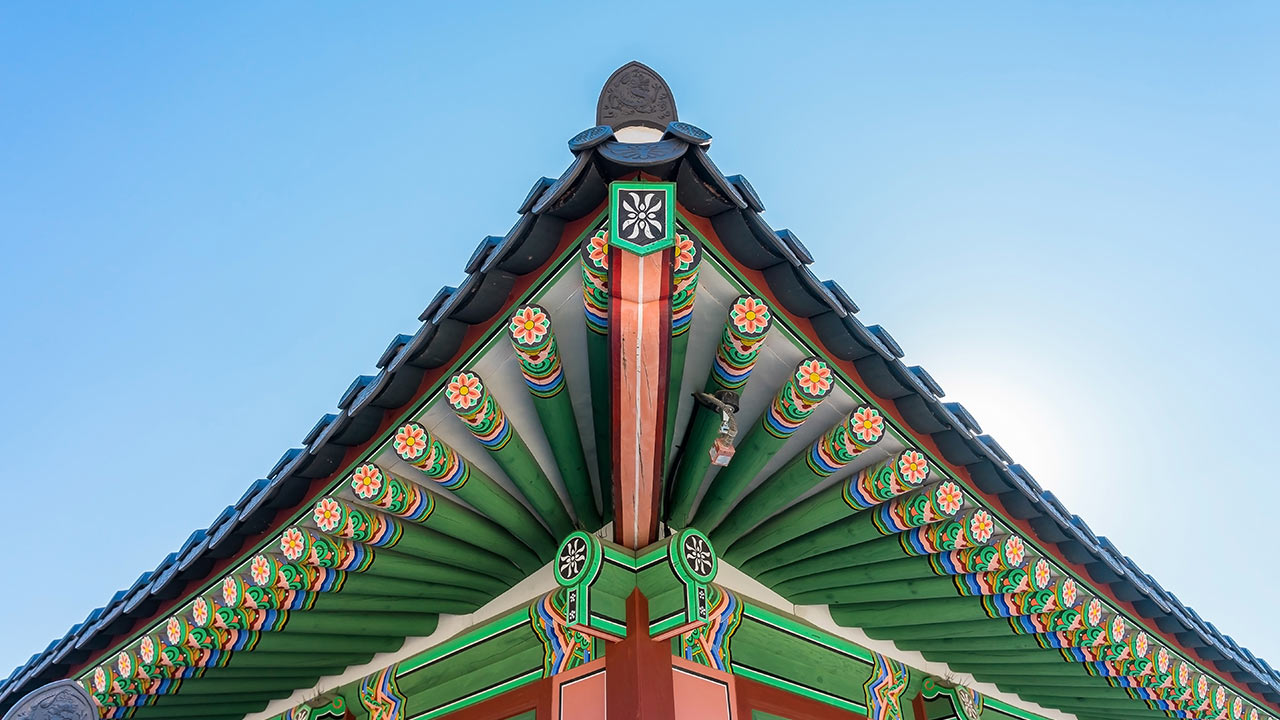Asian Popular Culture and the Gothic
Article proposals are welcome for an upcoming collection on Asian Popular Culture and the Gothic, edited by Li-hsin Hsu, Deimantas Valančiūnas and Katarzyna Ancuta. The collection is planned for submission to the Routledge Advances in Popular Culture Studies series.
Popular culture is often described as “the culture of the people,” containing cultural elements related to objects, beliefs, and practices that embody shared social meanings, and regularly produced for and consumed by mass audiences. As an object of investigation, it is mostly conceived of as a study of cultural products and media, such as literature, film, television, radio, games, comics, digital media, or fashion, that have mass accessibility and appeal. In today’s globalised world, more than ever, popular culture is increasingly diverse, expansive, dynamic, mobile, and often transnational, regardless of its point of origin.
In their introduction to the special Asian issue of
The Journal of Popular Culture, published in 2016,
Lisa Funnel and
Yuya Kuchi remonstrate that in popular and critical imagination, “
Asian Popular Culture” tends to be limited to selected East Asian genres and media, such as Japanese manga and anime, or Chinese martial arts films (2016, p. 963). Today we can safely add Korean music and television drama to this list but this does not quite change the fact that while we have seen dozens of publications focused on East Asian pop culture, large areas of popular Asian cultural production remain routinely excluded from scholarly examinations. While South Asian popular culture studies are a relatively vibrant discipline, even if the investigation here tends to be focused mostly on India and rarely goes beyond the study of popular cinema, Southeast Asian pop culture, in contrast, has so far received very limited attention, with studies examining the impact of “Japanisation” or Korean wave outshining those on local production. The field of Asian popular culture and its connection to the Gothic remains also an under-examined area.
Recent scholarship on the Gothic has extended the analysis of cultural production beyond the usual references to literature and cinema, and often includes a variety of media forms and practices of public/popular culture, such as television, video games, music, fashion etc. The term has also transcended not only its generic and historical, but also geographical boundaries, becoming a truly transnational phenomenon. The contemporary Gothic manifests in a variety of media forms way beyond the European or American contexts, and the appearance of Asia in the Gothic-related debates is not an oddity anymore. The ongoing decentralisation of Gothic studies and de-westernisation of its methodologies has opened up new possibilities for including cultural productions from diverse geographical locations, and the willingness to accept Asian Gothic as a legitimate category has rapidly increased with most edited collections and companions now carrying at least one chapter discussing Asian texts and contexts.
Asia has long been regarded as a vital hub of production and consumption of popular culture, with an extensive variety and spectrum of media forms and topics. However, the Gothic aspect of popular culture of Asia has not been addressed in a systematic and extensive way. Therefore, this collection for the first time invites papers to explore the ways Gothic manifests in popular culture and its consumption in Asia. By the term “popular culture” we imply both a variety of media forms of everyday consumption – video and digital games, comic books, television, music etc., as well as forms of everyday public culture and practices, associated with festivals, fashion, rituals, ceremonies etc. We also invite papers that explore the issues of knowledge production and cultural reception in Asia, rethinking the social and political role the Gothic might play in the circulation and transmission of popular culture in an Asian context, and how Asian popular culture might redefine or reshape the Gothic mode / aesthetics as we know it.
We invite proposals that consider the Gothic not as a fixed western-centred generic category, but as a fluid and shifting conceptual framework through which distinctive local cultural practices, historical and social traumas, anxieties, collective violent histories and diverse belief systems are expressed and discussed. In this sense, the Gothic can be read as a distinctive aesthetical and narrative practice, where conventional gothic tropes and imagery (monsters, ghosts, haunting, obscurity, darkness, madness etc.) are assessed anew, and disseminated and consumed through the many forms of popular culture. We also encourage approaches that rethink the affective power of the Gothic, and how its heterogeneous, transmedia, transcultural and transnational complexity is manifested in Asian contexts.
We are interested in examining a number of broader issues highlighting the appropriation of Gothic tropes and conventions in popular culture texts that engage with representations of colonial legacy, wars, conflicts, and historical trauma, gender / class / race issues and various forms of social critique. We would like to encourage the examination of the relationship between popular Asian Gothic texts and the audience / the marketplace, as well as the contexts of production and reception of such texts. We are keen on receiving proposals exploring the connection between Asian Pop Gothic and authorship / celebrity culture and possible political contexts related to the use of popular Gothic themes and motifs, for instance in relation to propaganda and censorship.
Below is a list of themes the edited collection is willing to address. It is not an exhaustive list and is intended as a guide, not as a set of limitations. We welcome suggestions and proposals on related topics and various media forms.
- Gothic/Horror elements in B-movies and popular cinema (e.g., HK Cat III movies, Ramsay Brothers horror films, Japanese splatterpunk and tokusatsu eiga)
- Popular Asian gangster films (e.g., the Japanese yakuza/ninkyo films, HK Triad films, or Korean kkangpae films)
- Horror comedies / comic Gothic
- Gothic/Horror elements in popular / pulp fiction (e.g., supernatural romances, light novels)
- Popular Asian crime fiction (e.g., honkaku and henkaku mysteries, or gong’an crime-case fiction.
- Asian horror television series and game shows
- Serial killer television series
- Mediums, shamans and ghost detectives in supernatural crime procedurals
- Gothic cyberpunk / post-human in manga and anime
- Eco-Gothic approaches to manga and anime
- Asian ghosts and monsters in popular culture
- Sentimentalism and sensationalism in Asian ghost story
- Asian pop culture adaptations of Gothic texts (e.g., Dracula in Asian texts, Japanese reworkings on Chinese zhiguai, Rebecca in India)
- Vampires in Asian music videos
- Visual Kei and post-punk / Goth music
- Gothic/Horror elements in Asian heavy metal music
- Gothic/Horror and gaming cultures
- Survival video games and survival game films and TV shows
- Horror-themed RPGs and ARGs inspired by Asian folklore
- Gothic/Horror themes in user-generated fiction and Internet-based lore
- Ghosts, curses and viral videos
- Ghost-hunting and paranormal radio broadcasts / podcasts
- Gothic/Horror in popular theatre (e.g., kabuki plays, likay, Chinese/Taiwanese opera, Tamasha, Jatra)
- Gothic/Horror in puppet theatre (e.g., budaixi, nang yai, wayang kulit, kathputli)
- Gothic traditions and (religious) festivals
- Asian Gothic folklore and urban lore
- Ghost storytelling and oral lore
- Asian Horror fandom and audiences
- Gothic Lolitas and Gothic cosplay
- Asian Goth subcultures / Gothic fashion
- Gothic/Horror-themed merchandise
- Gothic/Horror-themed attractions (e.g., haunted houses, amusement parks, escape rooms)
- Ghost tours and dark tourism
- Gothic media personalities / TV and radio hosts
Proposals of approx. 300 words accompanied with a short biographical note of max. 150 words should be sent to the editors at asianpopgothic@gmail.com by 31 October 2022.


.png)

















